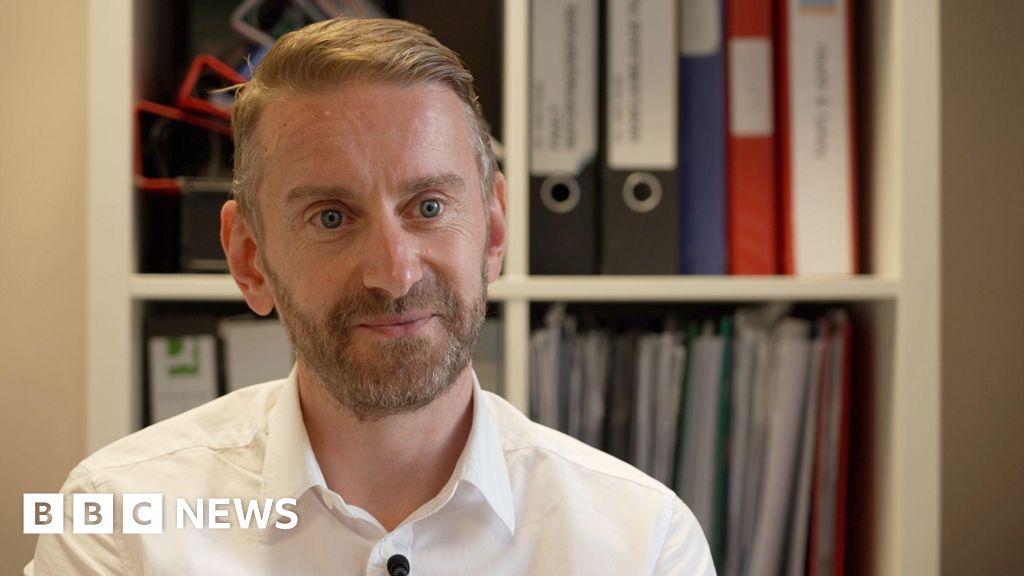It will also increase National Insurance contributions for employers from 13.8% to 15%, and lower the annual salary at which it must be paid from £9,100 to £5,000.
While the National Insurance employer contributions will be welcome news for many support workers, the combination of the changes is likely to have a significant impact on the care sector.
That is because workers are often low paid and many work part time, earning less than the current £9,100 cut off point (which means their employers don’t have to pay national insurance) but more than the new threshold of £5,000.
Chief Executive Officer Jim Kane said the latest changes came on top of years of real-term cuts.
“We’ve seen a deficit over the past few years.
“Part of that is planned – we wanted to invest in pay for all of our colleagues, but a lot of it is just because we are generally underfunded,” he said.
This financial year they were on course to make a small surplus, which he said they were going to invest in improvements to the service, but he now feared that they would begin the new financial year with another loss.
“Across the sector there’s a lot of worry. We’re a large charity, we have the benefit of being reasonably resilient, but worst-case scenario, services will become uneconomic to run,” he said.
He stressed that while their charity was not at risk, other smaller providers were having to start thinking about the future.
“Lots of providers are raising flags that this is an existential crisis for them. I think they see that if they can’t start to have really honest conversations with their commissioners and recover these costs, they don’t have the reserves to continue,” he said.
Those commissioners are generally the local councils, and the government has already announced that it is handing them an extra £600 million for adult and child social care.
But some analysts say that is nowhere near enough to pay for the increased costs of charities like this and a rise in demand for their services.

